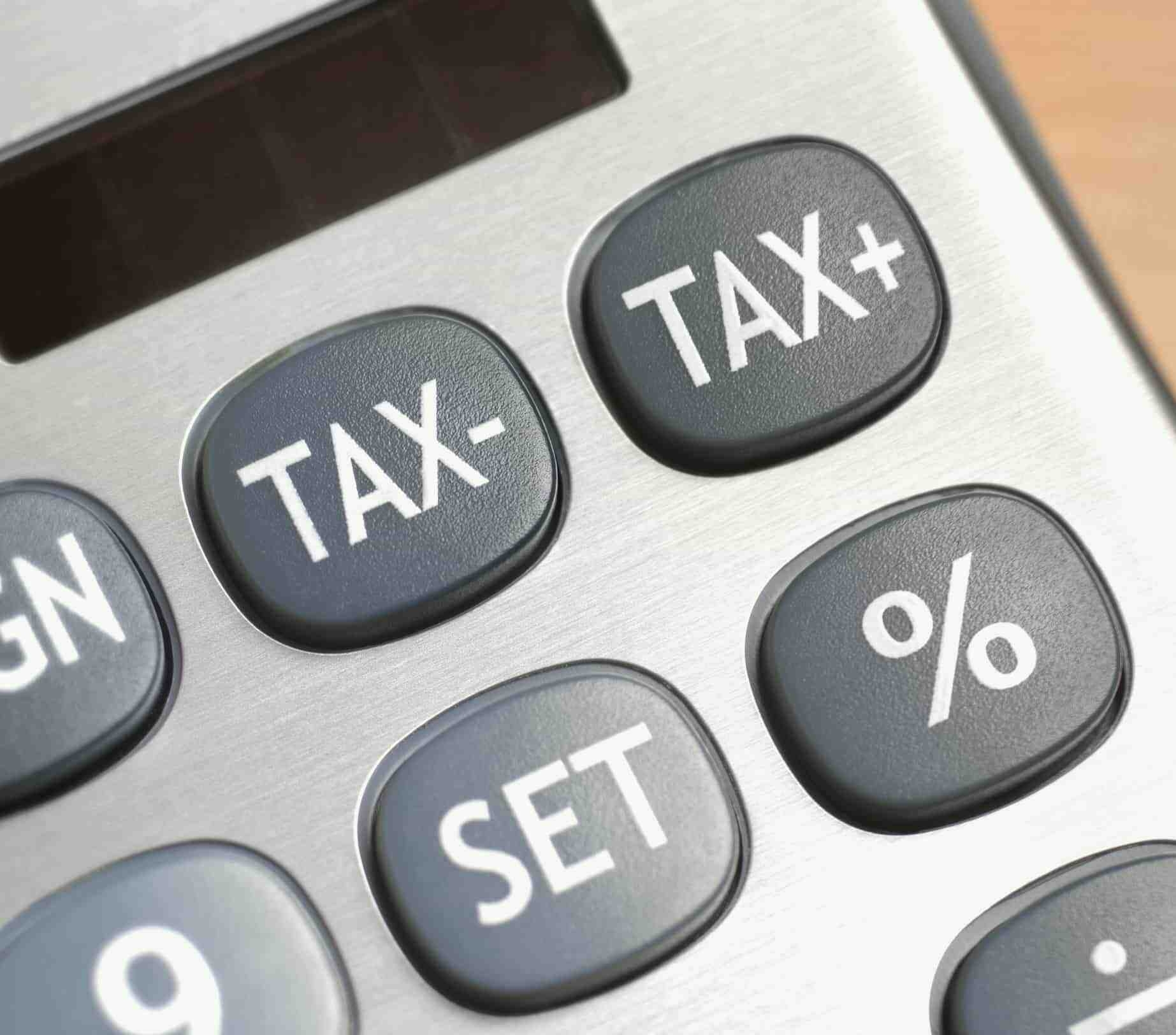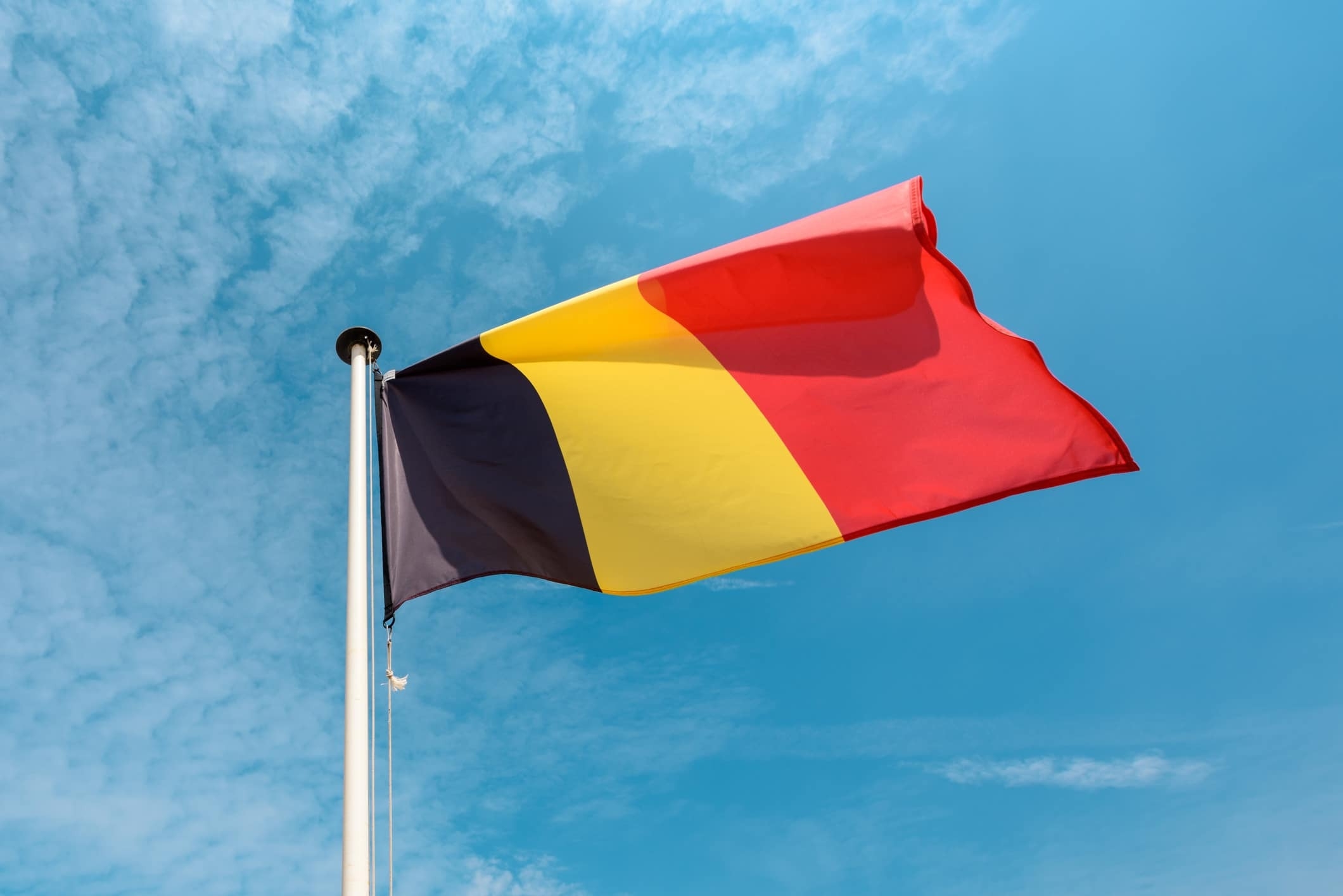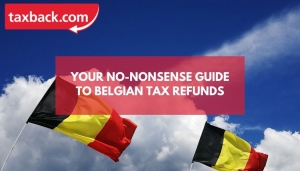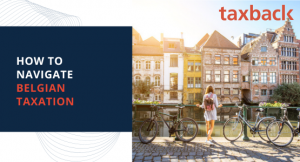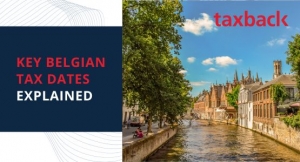Top 3 Tips for Maximizing Your Tax Refund in Belgium
Want to ensure you claim your maximum legal tax refund?
We know that navigating the Belgian tax system can be a daunting task, especially when you’re new to working in Belgium.
That’s why we've compiled the top three tips to help you make the most of your tax situation.
Let's dive into how you can maximize your Belgium tax refund!
The average Belgian tax refund is €2,300!
Understanding Belgian Tax
First things first, let’s get a grasp on Belgium’s tax system.
In Belgium, income tax is progressive, meaning that those with higher incomes pay a higher percentage of tax on their earnings.
For example, in 2023, if you earn between €0 to €15,200 you’ll be taxed on 25% of your income, whereas if you earn between €15,200 to €26,830 you’ll be taxed on 40% of your income and so on.
If you’re planning to work in Belgium, you will generally have to pay tax on your income, which means that you will have to file a tax return at the end of the tax year.
Do foreigners pay taxes in Belgium?
As mentioned above if you work in Belgium you will generally have to pay tax. However, how you are taxed can vary based on whether or not you’re considered a resident or non-resident for tax purposes.
Typically, if you’re considered a Belgian tax resident, you are taxed on your global income.
Whereas, non-residents are generally taxed only on income derived from Belgian sources.
Why is the Belgian tax so high?
Belgium is known for having high taxes compared to some other countries and there are various reasons for this.
One of the reasons for this is that Belgium has a history of emphasizing their public services and social welfare system and this contributes to the higher tax burden.
There are also different layers of government (federal, regional, and local) collecting taxes. This means that regions and municipalities can impose additional taxes such as municipal or local taxes. For non-residents it's fixed at 7% of your income tax, for residents, however, it varies depending on the exact municipality you live in.
Nonetheless, there are ways you can reduce the tax burden!
Let’s delve into tips to help you make the most of Belgium's tax system, ensuring you claim back what’s yours at the end of the year.
Read: Key Belgian Tax Dates Explained
1. Declare all your income on your tax return
When filing your tax return, it’s important to declare all your income accurately.
You should declare all income, whether it is income from employment, self-employment, rental, investment, etc.
Providing incorrect or incomplete information can result in penalties imposed by tax authorities.
So filing your tax return accurately helps you avoid unnecessary financial penalties, ensuring that you meet all the requirements set by the Belgian tax system and that you receive your maximum tax refund.
2. Make use of the available tax deductions, credits and benefits
You should make sure to add any deductions, credits, and exemptions you may be entitled to on your tax return so that you receive your maximum refund.
Tax deductions and credits in Belgium aim to reduce the financial burden on individuals.
Here are some tax deductions and credits to take into account when completing your Belgian tax return:
Children tax-free allowance: If you are a non-resident and your children live in your home country’s household, you can still claim this. The amount of the allowance for tax year 2023 (incomes 2022) is:
-
1 child - €1,690
-
2 children - €4,340
-
3 children - €9,730
-
4 children - €15,740
The surcharge per child after four children is €6,010.
You can also claim this allowance if your child is over 18 years old but still a student.
Note that there is also an additional allowance for children under 3 years.
Tax-free allowance for married couples: Non-residents can apply jointly even if their spouse is living abroad as long as their income from abroad doesn't exceed 25% of the global income.
When filing jointly, each spouse can receive a tax-free allowance of up to €9,270 for tax year 2023 (income 2022).
"Marital deduction": If you or your spouse have little or no professional income (salary, unemployment, pension, etc.), you automatically benefit from the "marital quotient".
This allows a portion of the professional income of the spouse with the higher income to be granted to the other spouse when calculating the tax. This part is taxed at a lower rate, reducing the total tax due.
The sum of the individual professional income and the marital quotient amounts to a maximum of €11,450 (tax year 2023, income 2022) or €12,550 (tax year 2024, income 2023)
The marital quotient is not applied if it increases the tax due.
It's important that you identify the credits, benefits and deductions you are eligible for and that you accurately include them in your tax return. This ensures that you are maximizing your potential tax refund.
Read also: Your no-nonsense guide to Belgian tax refunds!
3. Avoid double taxation
If you're working in Belgium, but you're originally from another country, it’s important to get on board with the double taxation treaty. This treaty prevents you from being taxed twice on the same income.
Belgium has double taxation agreements with over 150 countries.
These treaties determine which country has the primary right to tax your income.
Is there a way to apply for this treaty?
As an individual in Belgium wanting to benefit from a double taxation treaty, you generally don't need to do anything specific to "get" the treaty. The double taxation treaty is an agreement between countries, not something you apply for directly.
Instead here are some things you can do to ensure you are taxed correctly:
-
Determine your tax residency. This involves knowing whether you are considered a tax resident in Belgium, your home country, or both. This status will guide how the treaty applies to you.
-
Inform your employer. Ensure that your employer is aware of your tax residency status and ask them to provide you with a document that shows where you pay taxes. This paperwork can help obtain any tax benefits that come from the double taxation treaty between Belgium and your home country.
-
Seek professional advice. It’s a good idea to consult with tax professionals who specialize in international taxation. They can help you determine your tax residency and guide you on how to optimize your tax situation.
Navigating Belgium's tax system may seem complex, but armed with the right knowledge, you can ensure you claim the maximum legal tax refund you're entitled to.
We hope that with these top tips in hand, you're now better equipped to navigate the Belgian tax system and secure what's rightfully yours at the end of the tax year.
You can check how much tax you could be owed with our Belgium Tax Refund Calculator.
Need help to file your Belgian tax return?
Want to make sure you receive your maximum tax refund? Taxback is here to help!
At Taxback, you can rest assured, as we'll ensure you take advantage of every possible allowance and relief to maximize your tax refund.
Why Taxback?
-
We’ll ensure you receive your maximum tax refund
-
We've been successfully assisting individuals with Belgian tax refunds since 1996
-
The average Belgian refund for our customers is €2,300
-
Our live chat team is available 24/7 to answer your questions
Apply for your Belgian tax refund today!
